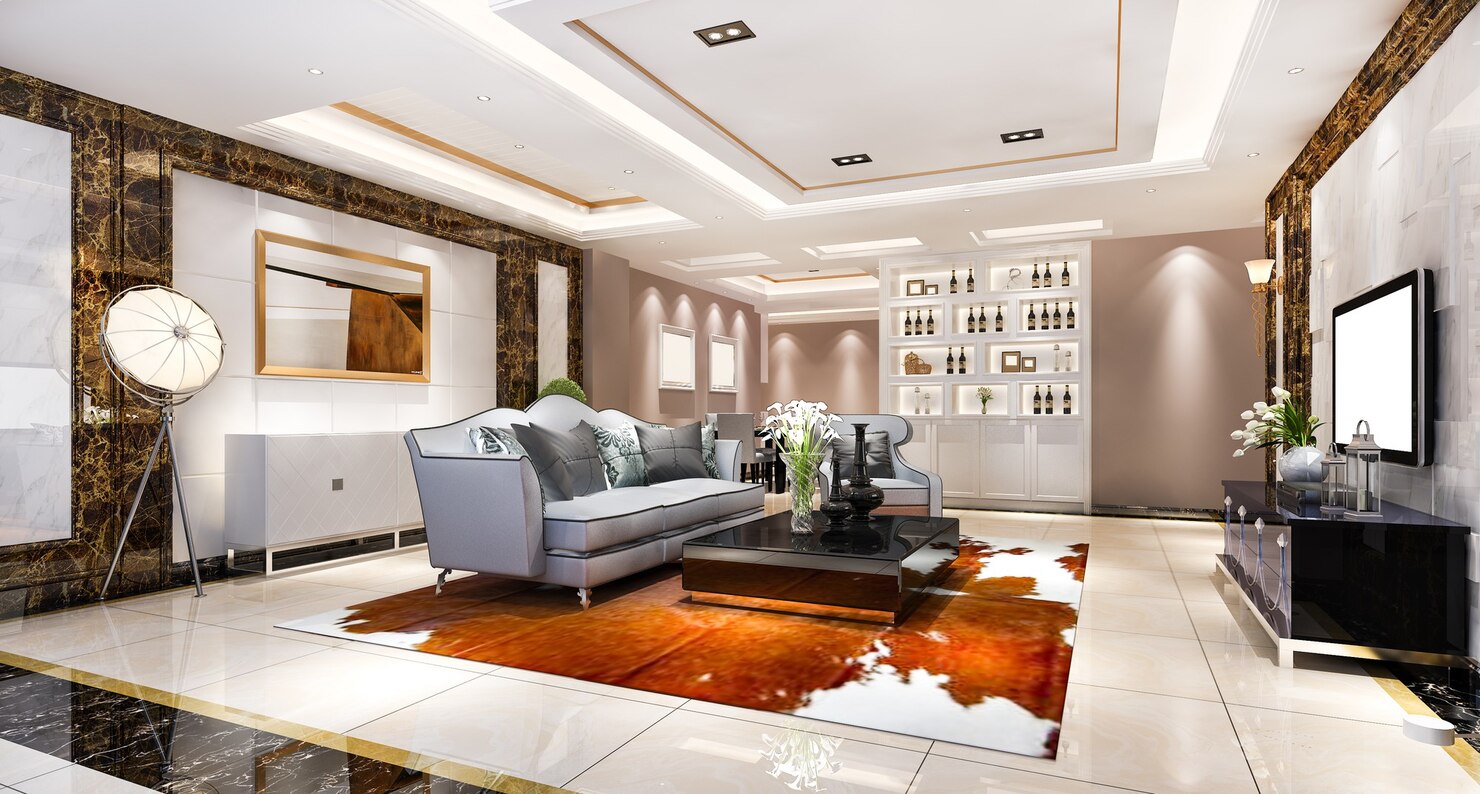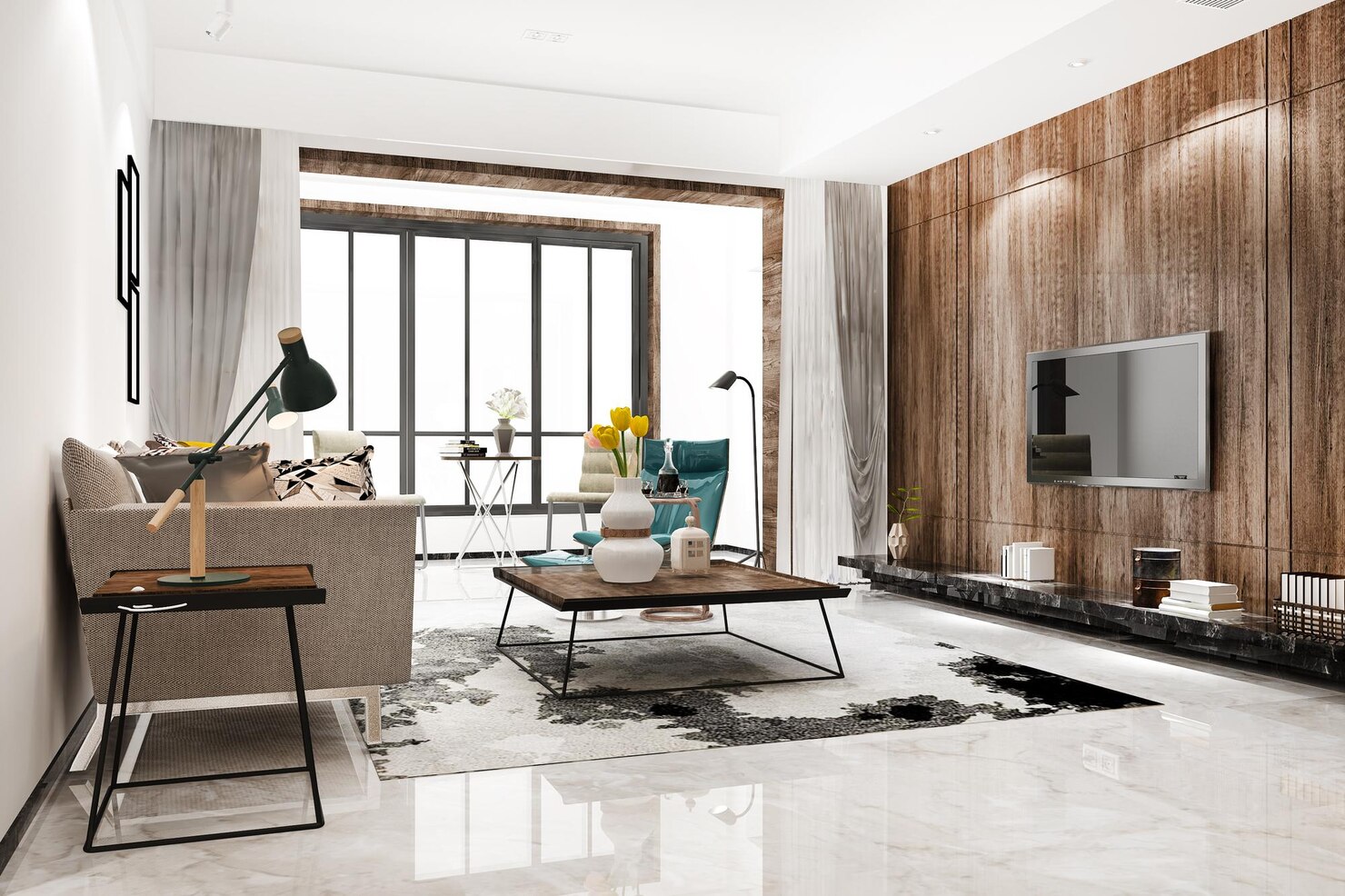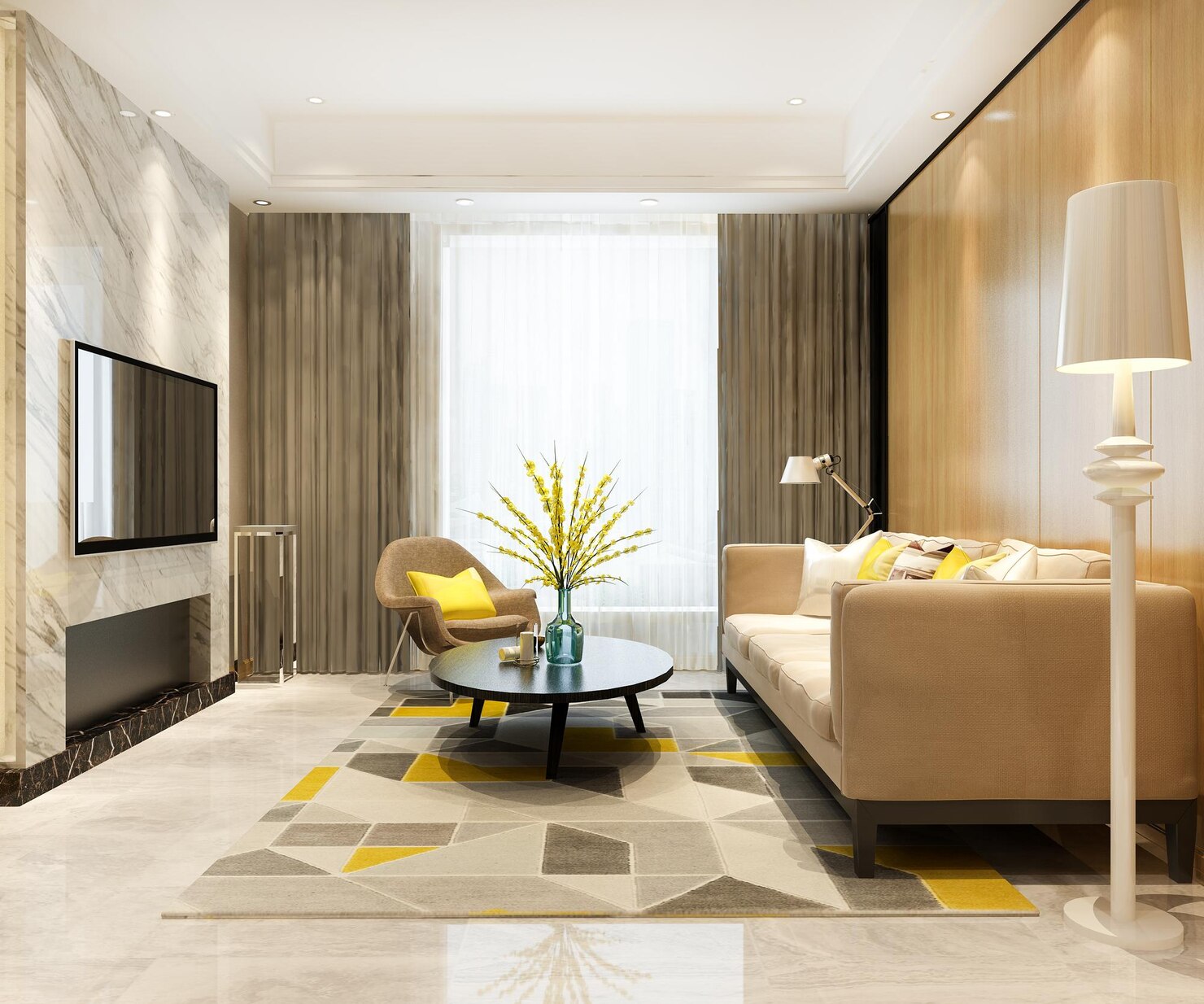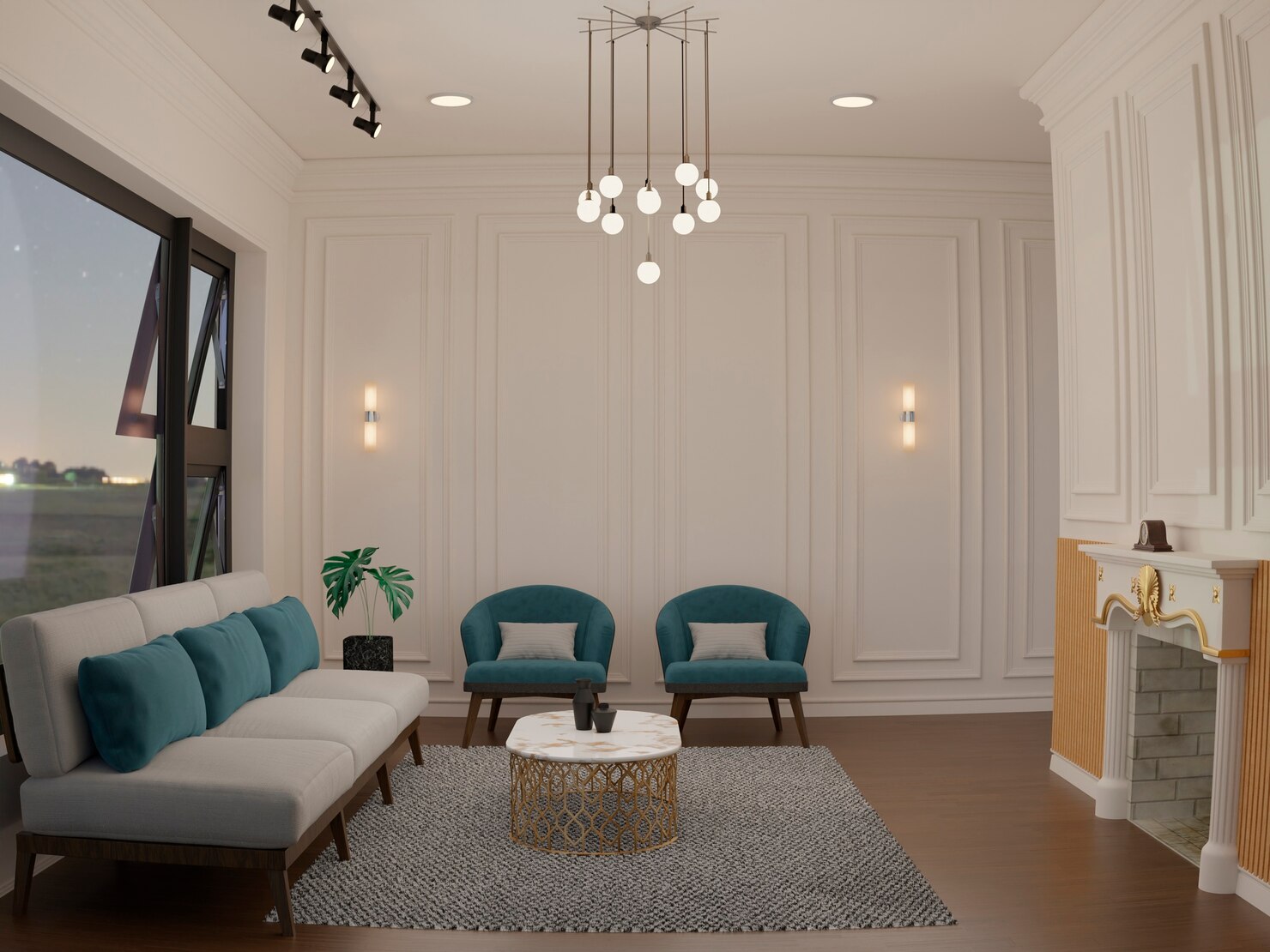The Future of Interior Design in Chennai: Predictions from Leading Designers
Chennai, a city renowned for its rich cultural heritage and rapid urbanization, is witnessing a fascinating evolution in its interior design landscape. As the city embraces modernity, the field of interior design in Chennai is set to undergo significant transformations. Leading designers in the industry are already envisioning a future that blends innovation, sustainability, and personalization. In this blog, we explore key predictions from experts on how interior design in Chennai will evolve in the coming years.
1. Sustainability at the Forefront
Sustainability is not just a trend but a fundamental shift in the approach to interior design. As Chennai faces environmental challenges like rising temperatures and increasing pollution, there is a growing demand for eco-friendly solutions. Designers predict that sustainable materials, energy-efficient lighting, and environmentally conscious practices will become the norm.
Interior designers in Chennai are already incorporating natural materials like bamboo, reclaimed wood, and organic fabrics into their projects. The future will see a rise in green building practices, such as the use of solar panels, rainwater harvesting, and energy-efficient appliances. Homes and commercial spaces will be designed with a focus on reducing the carbon footprint while enhancing aesthetics.
2. Integration of Smart Technology
The future of interior design in Chennai is deeply intertwined with technology. Smart homes are no longer a distant dream but a reality that is being embraced across the city. Designers predict that the integration of smart technology into interior spaces will continue to grow.
From voice-activated lighting and temperature control systems to AI-powered home assistants, the incorporation of technology will revolutionize how residents interact with their living spaces. In addition, augmented reality (AR) and virtual reality (VR) are expected to play a significant role in the design process, allowing clients to visualize their spaces before construction begins. This not only streamlines the design process but also ensures that the final result aligns with the client’s expectations.
3. Minimalism with a Cultural Twist
Minimalism has been a popular trend in interior design for several years, and it shows no signs of slowing down. However, in Chennai, minimalism is taking on a unique cultural dimension. Leading designers predict that future homes will balance the clean, uncluttered aesthetics of minimalism with traditional elements that pay homage to the city’s rich heritage.
Incorporating locally sourced materials, traditional crafts, and design motifs inspired by Chennai’s architectural history will be key. This fusion of modern minimalism with cultural roots will create spaces that are both contemporary and deeply connected to the city’s identity.
4. Multi-Functional Spaces for Urban Living
As Chennai’s population continues to grow, the demand for efficient use of space in urban settings is on the rise. Designers foresee a future where multi-functional spaces become a standard feature of interior design in Chennai. With the increasing trend of smaller apartments, especially in urban areas, every square foot will be optimized for functionality without compromising on style.
This will involve creating versatile living spaces where rooms can serve multiple purposes. For example, a living room that doubles as a home office, or a kitchen that seamlessly integrates with a dining area to create a cohesive and open environment. The focus will be on designing adaptable spaces that can evolve with the changing needs of residents.
5. Personalization and Bespoke Design
One of the most exciting predictions for the future of interior design in Chennai is the rise of personalization. As homeowners become more involved in the design process, there will be a growing demand for bespoke designs that reflect individual tastes and lifestyles. Designers will work closely with clients to create custom pieces of furniture, unique color schemes, and personalized layouts that cater to specific preferences.
This trend towards personalization will be further supported by advancements in 3D printing and digital fabrication. These technologies will enable designers to create one-of-a-kind furniture and décor pieces that are tailored to each client’s unique vision.
6. Biophilic Design for Health and Well-Being
The connection between interior spaces and mental well-being has gained significant attention in recent years. Leading designers predict that biophilic design—an approach that incorporates natural elements into the built environment—will play a major role in the future of interior design in Chennai.
Biophilic design emphasizes the integration of nature through the use of plants, natural light, water features, and organic textures. The aim is to create spaces that promote relaxation, reduce stress, and enhance the overall well-being of the occupants. In a bustling city like Chennai, where urban life can be fast-paced, the incorporation of nature into interior design will provide a much-needed balance.
7. Focus on Wellness and Mindful Living
Wellness is becoming a core aspect of interior design, with spaces being crafted to encourage mindful living. Designers in Chennai are predicting a surge in wellness-centered spaces, such as meditation rooms, yoga studios, and spa-like bathrooms. These wellness zones will be designed to offer a retreat from the chaos of urban life, providing a tranquil environment for relaxation and self-care.
In addition to dedicated wellness spaces, there will be a growing emphasis on creating interiors that support mental and physical health. This includes optimizing natural light, improving indoor air quality, and selecting ergonomic furniture that promotes comfort and well-being.
8. Collaborative Design Approach
In the future, interior design will become more of a collaborative process between designers, clients, and artisans. Clients will be more engaged in decision-making, and designers will work closely with local craftsmen to integrate traditional art forms into modern interiors. This collaborative approach will lead to unique, personalized spaces that reflect both contemporary trends and the city’s cultural heritage.
Conclusion
The future of interior design in Chennai is set to be dynamic and innovative, blending cutting-edge technology with sustainable practices and a deep respect for tradition. As the city continues to grow and evolve, interior designers will play a pivotal role in shaping spaces that are functional, aesthetically pleasing, and deeply connected to the local culture. With sustainability, personalization, and wellness at the forefront, the next decade promises to be an exciting time for the world of interior design in Chennai.





